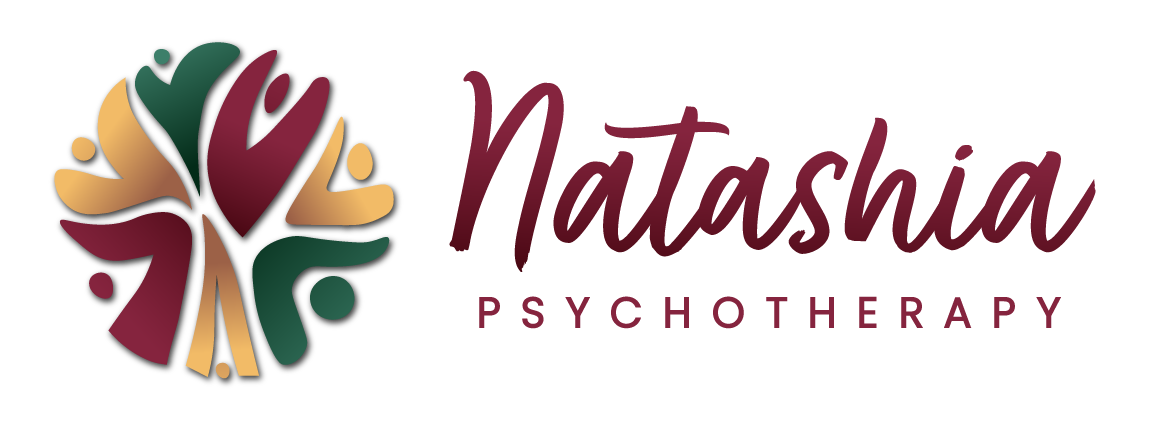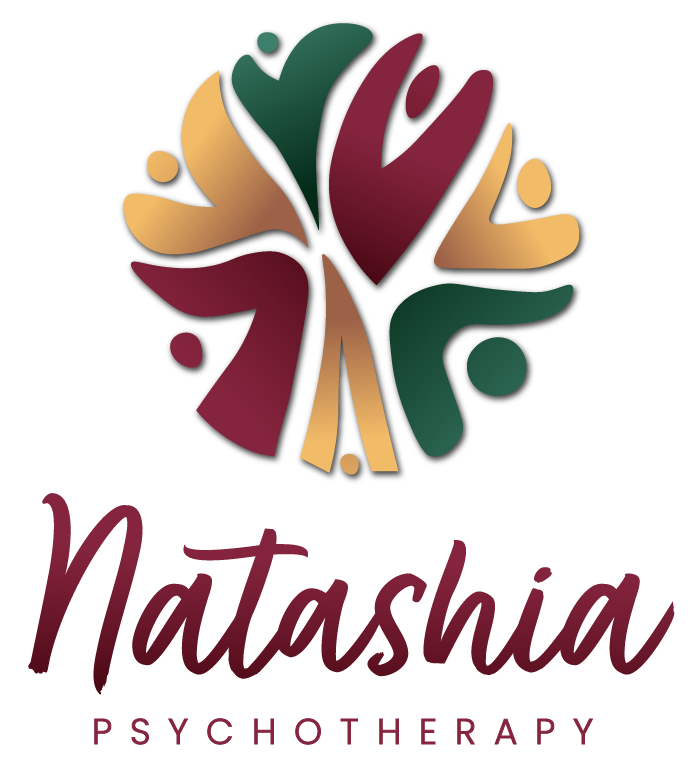Natashia’s Speech to CIIS Sexuality Scholars on the 10 Year Anniversary of the Human Sexuality Doctoral Program
Michelle (our program director) lovingly refers to our program as a scholar-practitioner program. I arrived knowing what a practitioner was…but that word—“Scholar”—I really didn’t have a background—nor did anyone in my family. Not one of my grandparents completed elementary school.
Our program, rooted in critical sexuality studies has definitely taught me an incredible framework (thank you Fahs and McClelland, 2016!!!). I know how to take any concept or issue related to sexuality and implement a framework which helps me figure out more about how sexuality and power collide. Our program has taught me more though about the spirit of sexuality scholarship. I am referring to the erotic or as Audre Lorde calls it, life force energy.
During my first semester I was reintroduced to Audre Lorde’s essay, “Uses of the Erotic: the erotic as power”, which has since become a grounding source for me. “The erotic” she wrote, “is a measure between the beginnings of our sense of self and the chaos of our strongest feelings…it is a resource firmly rooted in the power of our unexpressed or unrecognized feelings…learn to trust it…”
Lorde is talking about how to engage with the erotic to arrive at new knowledge. Knowledge is related to scholarship. The erotic towards scholarship. I remembered Lorde talking about “excellence” in her essay—in terms of striving towards excellence in what we do. She said “we are taught to separate the erotic from the most vital areas of our lives other than sex. And the lack of concern for the erotic root and satisfactions of our work is felt in our disaffection from so much of what we do. For instance, how often do we truly love our work even at its most difficult?”
I think this raises an essential question: How can we engage in the field of sexuality scholarship whilst attuning to/working with our own erotic/life force energy so determinately we love what we are doing. Lorde encourages us to recognize sensation (perhaps the way the study of sexology might) and at the same time to realize the erotic is far more than just sensation. She encourages us to notice our full range of feelings (positive and negative), those tender notions in the elusive realm between how we know ourselves and the chaos of our strongest feelings. For us scholars, when we are going over and over and over our research, where is it that we stumble? Where is it that we don’t know something rationally but we experience the thrill of an irrational, yet-to-be-figured-out moment where our erotic, our tender, our strongest, most vulnerable feelings come forth? These precious and vital moments offer a crevice where our eros supports an uncovering of the un-scripted, the abject, the silenced, or perhaps a new way of thinking which have never been validated, seen, or considered before.
Our program highlights what Lorde spoke about when she said:
“The principal horror of any system which defines the good in terms of profit rather than in terms of human need, or which defines human need to the exclusion of the psychic and emotional components of that need—the principal horror of such a system is that it robs our work of its erotic value, its erotic power and life appeal and fulfillment. …I am speaking here of the necessity for reassessing the quality of all the aspects of our lives and of our work, and of how we move toward and through them.”
So, when our professors were teaching us about Socio-Economics, Necropolitics, Beastiality through a lens that considers the economics of the meat industry and more…we were being taught how to study the connections between sexuality and power and how specific attention is needed towards connecting our erotic—our life force towards creating conditions for greater social wellness and justice through our work as sexuality practitioners and scholars. This is so much deeper than focusing on just the sensual. It is vital. It is absolutely what makes our program necessary within the field of sexuality.
I want to leave you with a wish: As we engage in conversation, as we gather our materials for study, as we consider our own positions, stances, and experiences reflexively, may we engage with our fullness of being. May we be open and vulnerable enough to stumble, rather than in the name of “scholarship” prove something we already know. May we use scholarship as an erotic emergent strategy towards uncovering discursive voids which matter. May we feel our vitality and channel it as we honor, see, cross, and bare the tensions of boundaries which all too often are reified as a means of separating and stifling our wholeness in collective empowerment. Queerly, this is not an endeavor I profess to know or one which I imagine ever fully arriving at…I follow in the footsteps of our esteemed professors and program lead practicing critical sexuality studies scholarship through my life force energy and I am incredibly humbled to be doing this with you all.

